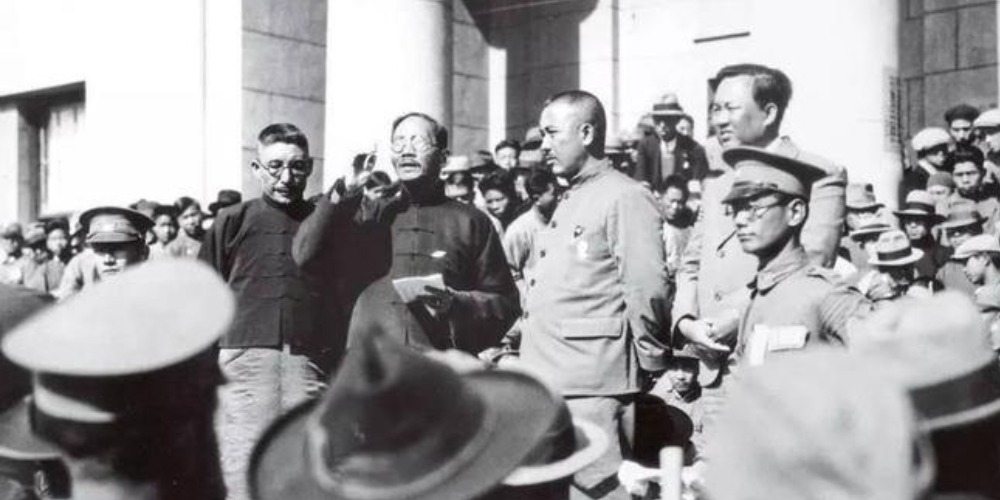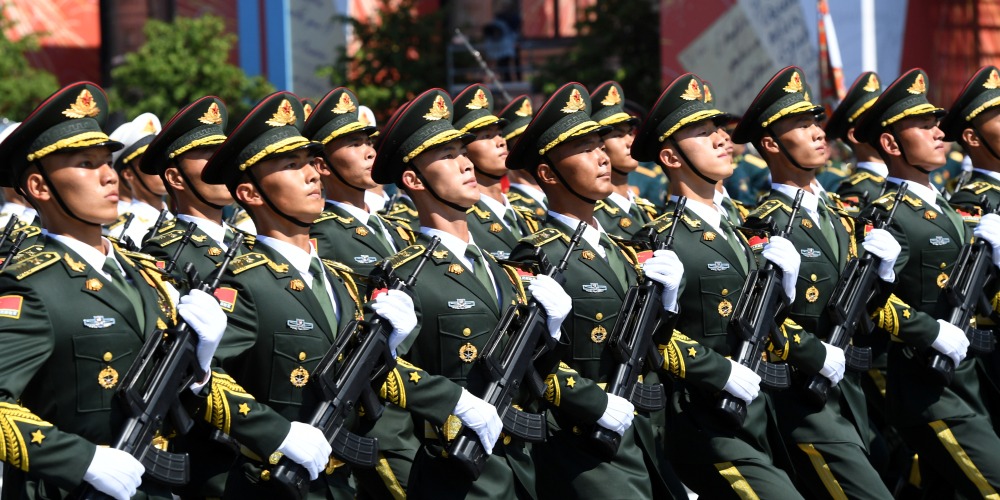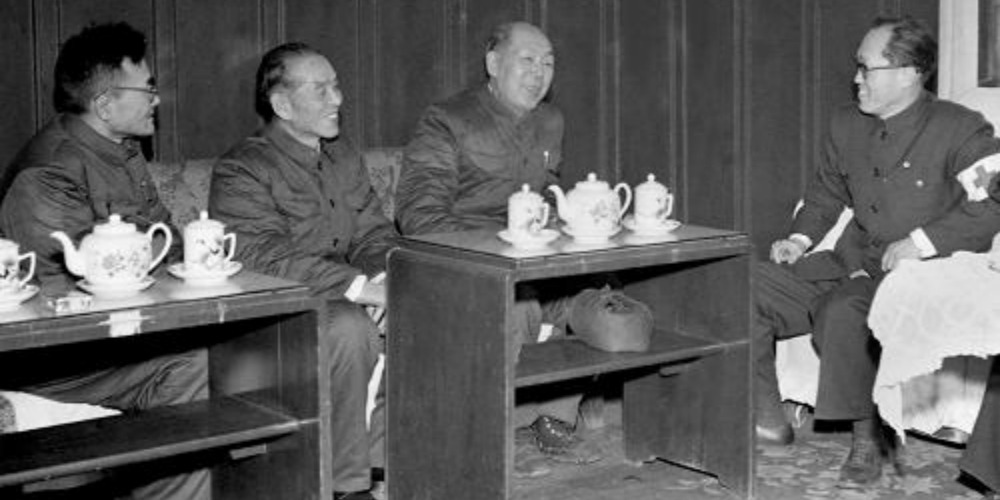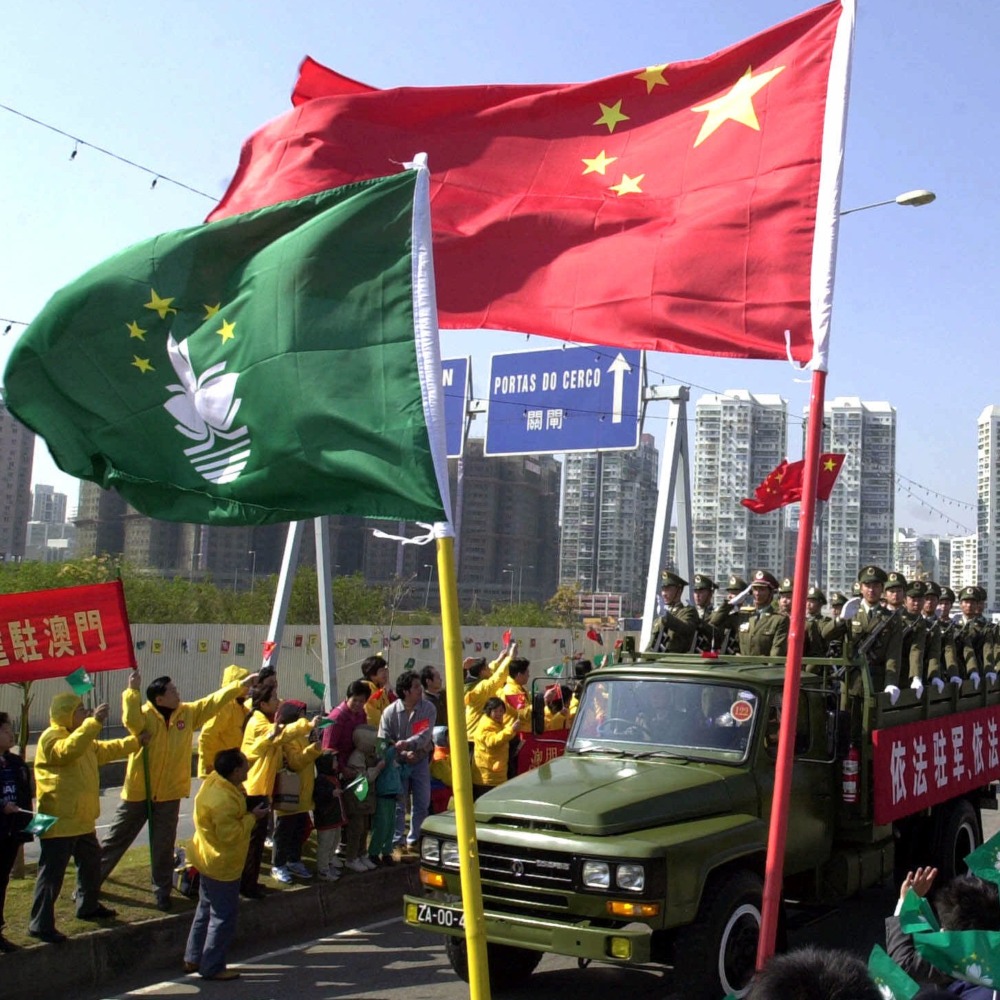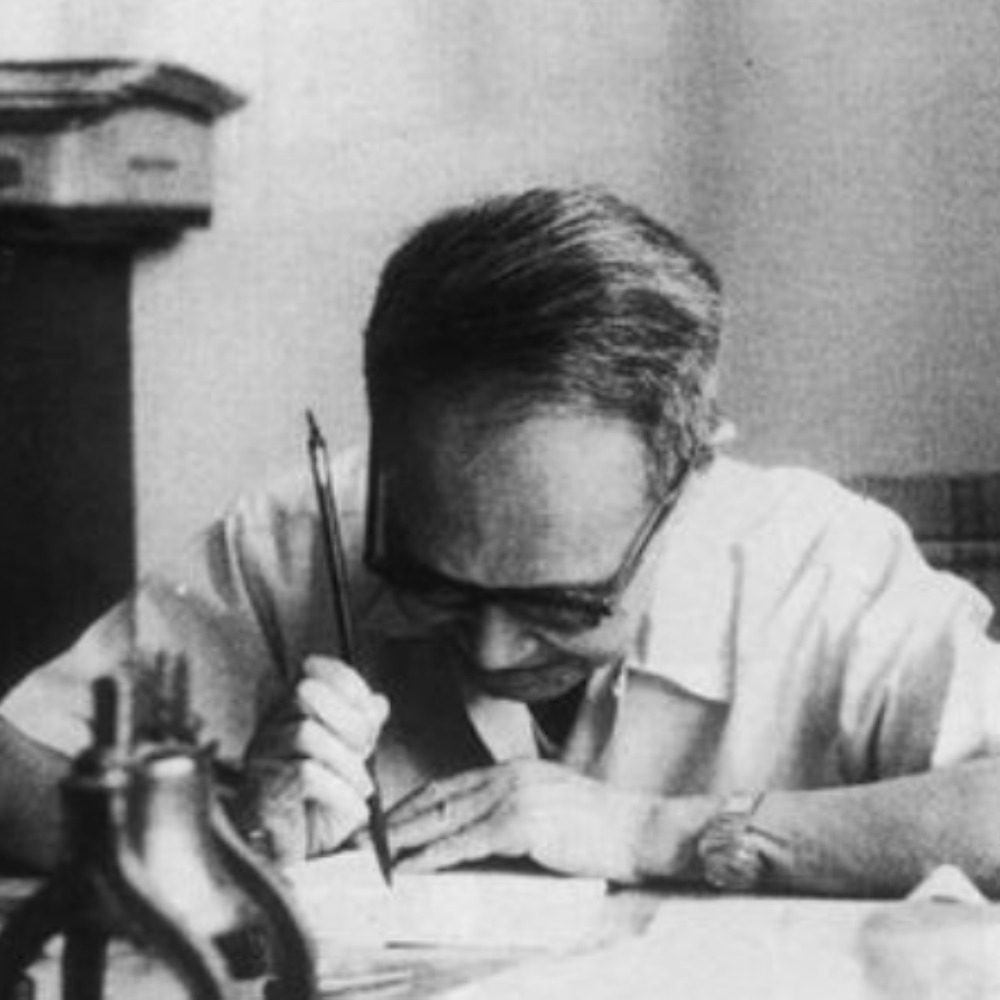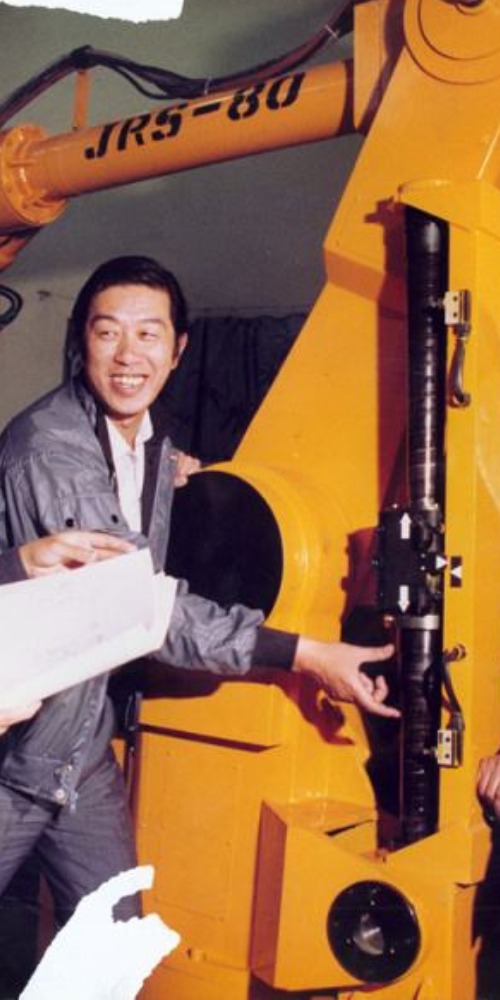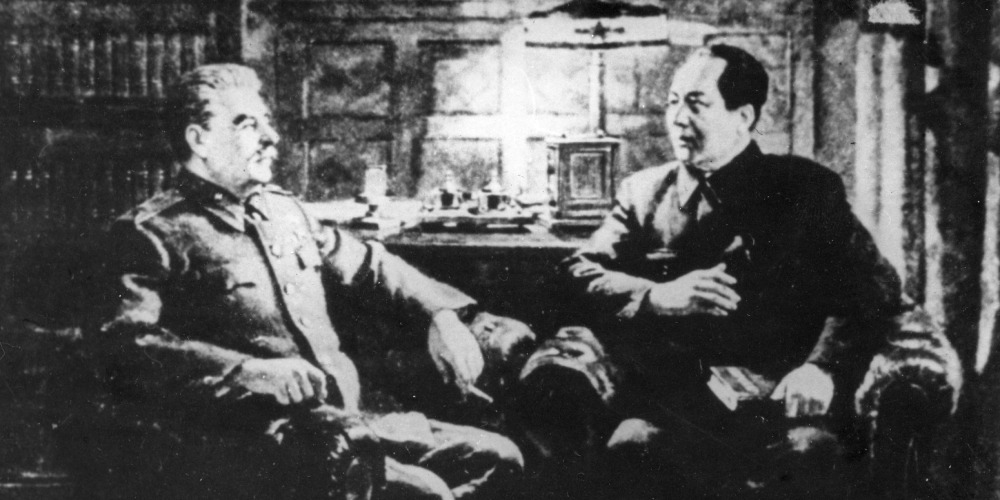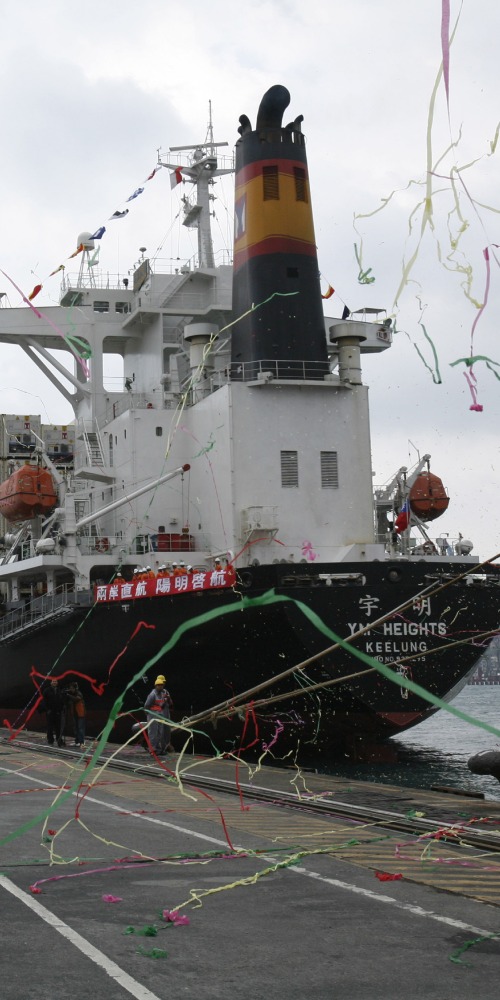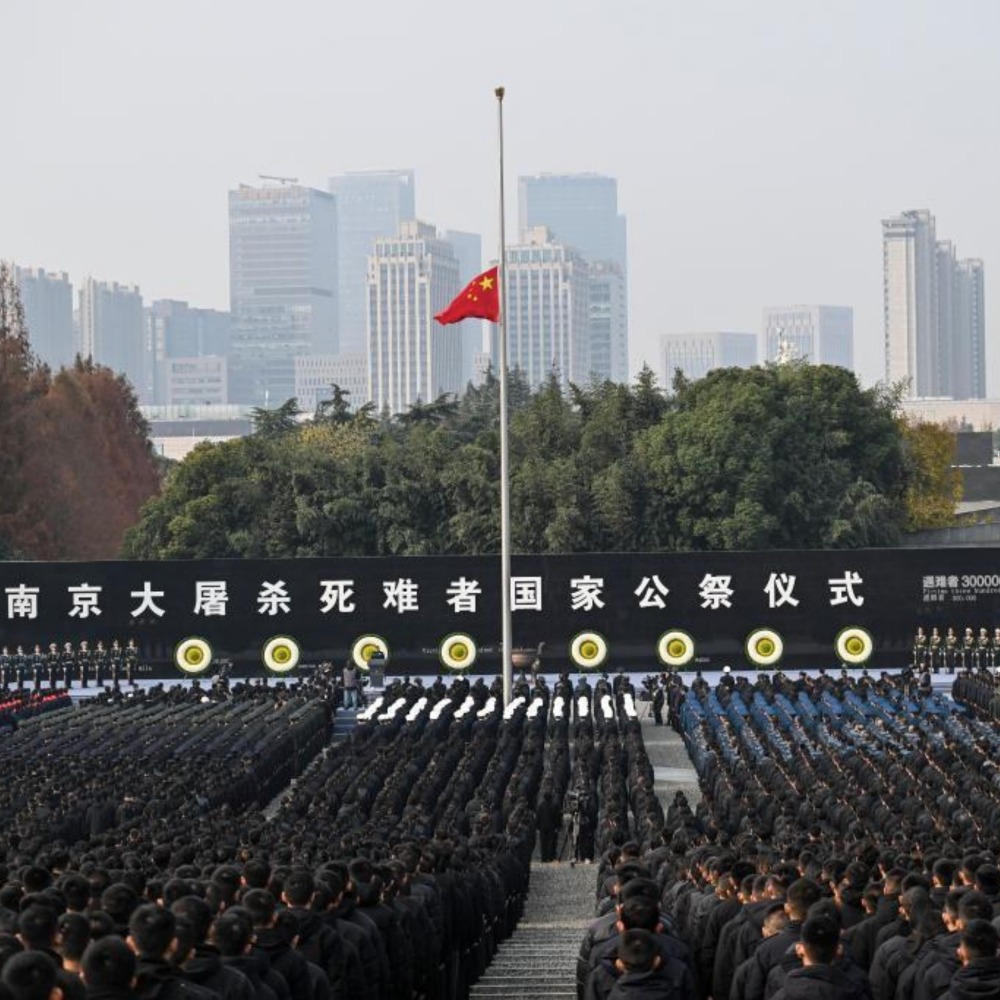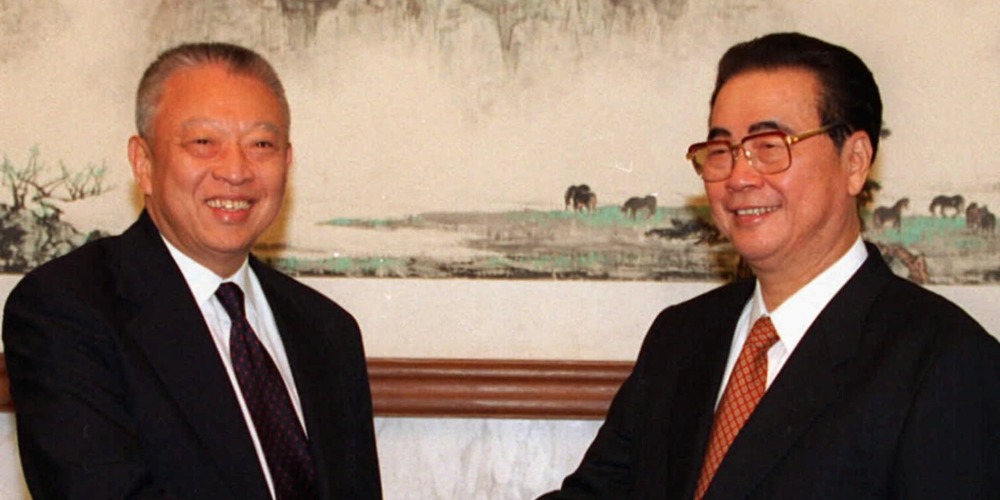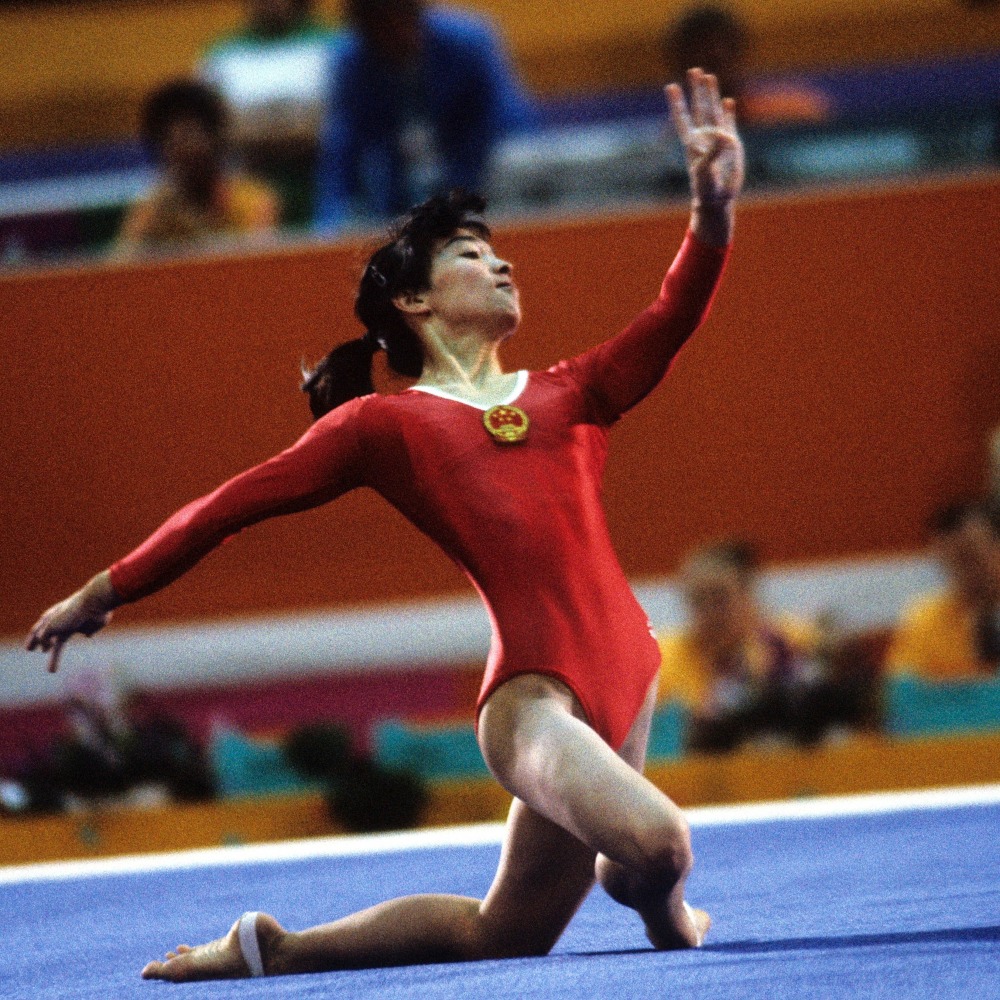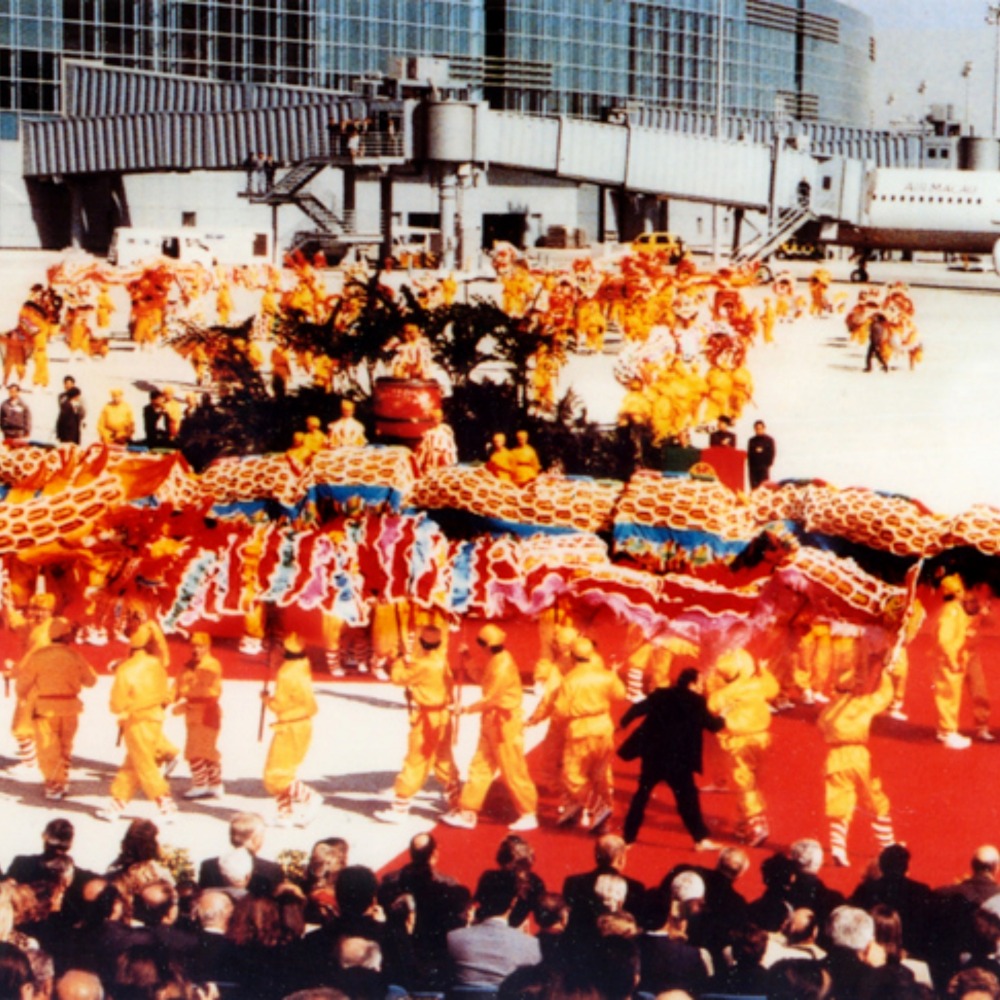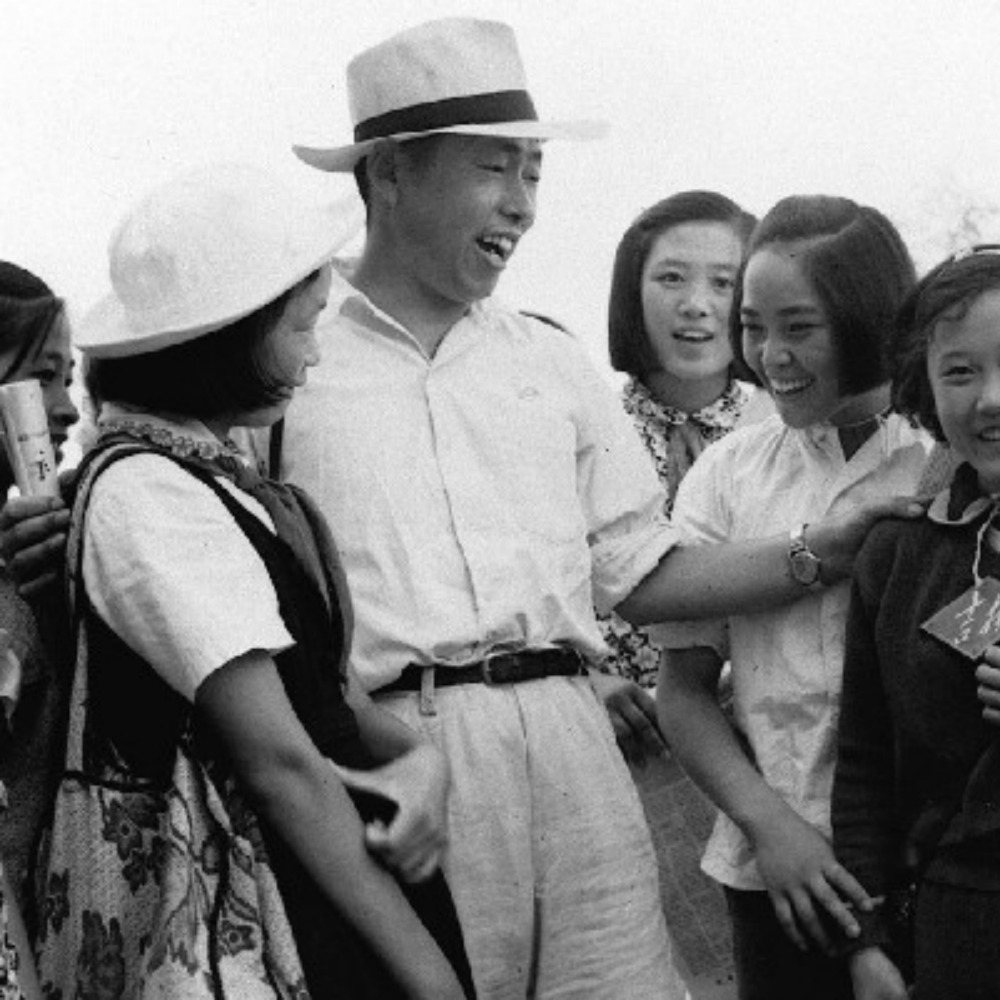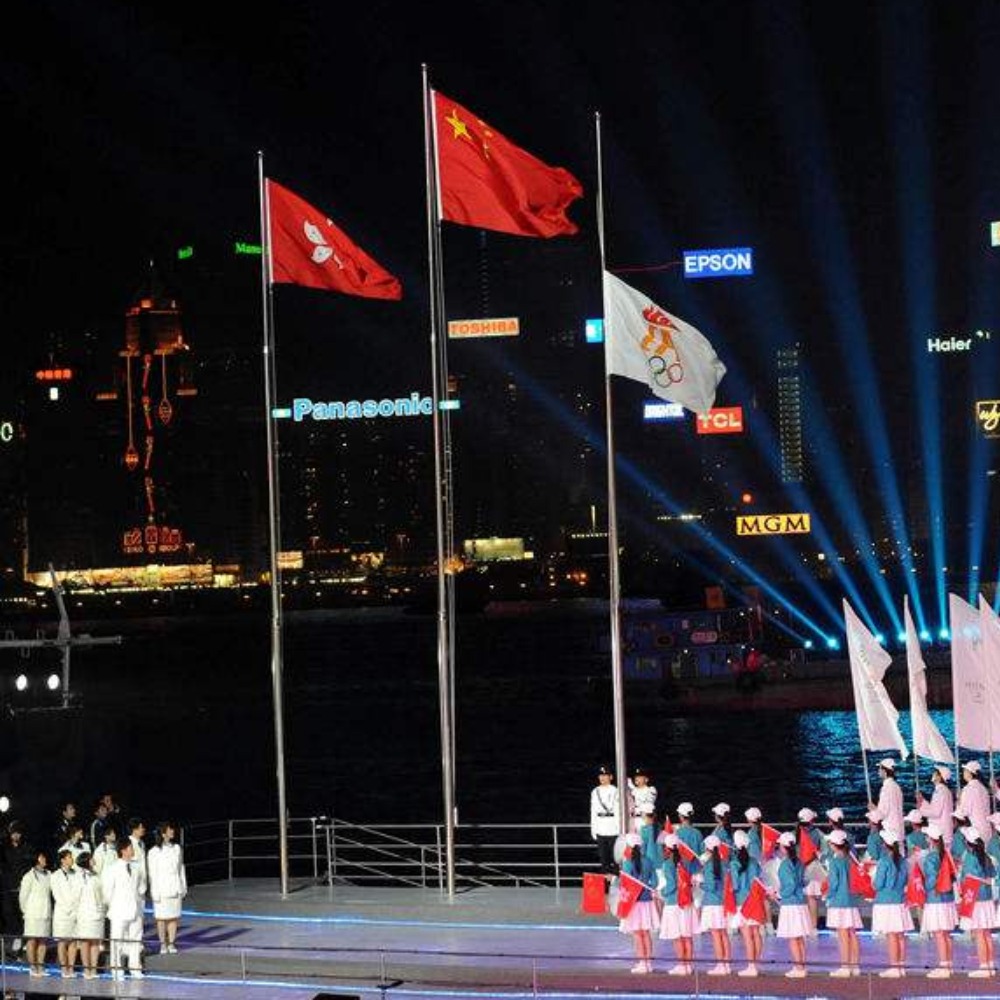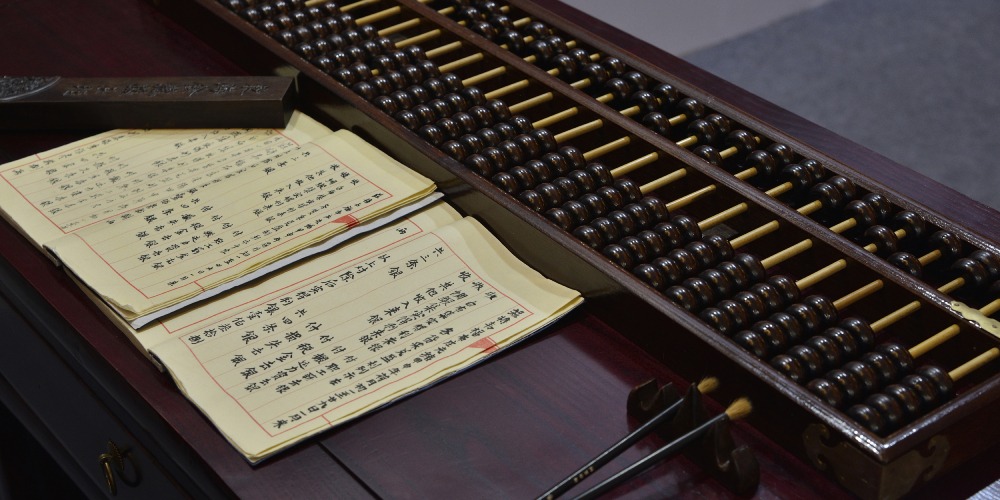Published : 2025-03-05
On March 5, 1940, Cai Yuanpei (蔡元培), a pioneer of the New Culture Movement in China, a famous democratic revolutionary, and educator, passed away in Hong Kong at the age of 72.
Cai was born on January 11, 1868, in Shaoxing, Zhejiang. In 1894, he was appointed as an editor at the Hanlin Academy.
After the failure of the Hundred Days' Reform, Cai Yuanpei, feeling that reform under the Qing court was hopeless, resolutely decided to leave the Hanlin Academy and move south. He took up the position of supervisor at the Sino-Western School in Shaoxing, where he devoted himself to promoting new learning.
In 1902, Cai Yuanpei, along with Zhang Binglin (章炳麟) and others, initiated and established the China Education Association in Shanghai. In the same year, he also founded the Patriotic Study Society and the Patriotic Women's School to promote democratic revolutionary ideas.
In 1912, Cai was appointed as the Minister of Education in the Nanjing Provisional Government, and in 1917, he became the President of Peking University, being one of its founders.
During his tenure as President of Peking University, Cai Yuanpei actively supported the New Culture Movement.
He invited and supported figures like Li Dazhao (李大釗), Chen Duxiu (陳獨秀), and Lu Xun (魯迅) to teach and lecture, making Peking University a national centre for academic research as well as a cradle of the New Culture Movement.
At that time, Cai advocated democracy and science, and Peking University was also the first university in the nation to admit female students, setting a precedent. Cai Yuanpei pointed out that the Ministry of Education "had no regulations on admitting only male students."
In 1932, Cai Yuanpei, along with Soong Ching-ling (宋慶齡), Lu Xun, Yang Xingfo (楊杏佛), and others, organised the China League for the Protection of Civil Rights to oppose the Kuomintang's secret police rule. They actively carried out patriotic democratic activities against the Japanese and supported the cooperation between the Kuomintang and the Communist Party.
Mao Zedong once referred to him as "a model for humanity and a leading figure in academia."
In 1937, with the outbreak of the War of Resistance Against Japanese Aggression and the fall of Shanghai, Cai Yuanpei moved from Shanghai to Hong Kong.
He expressed happiness at the cooperation between the Kuomintang and the Communist Party in resisting the Japanese and stated that their renewed cooperation to face the national crisis together was a great fortune for the country and the nation.
Throughout his life, Cai Yuanpei was dedicated to abolishing the feudal education system and laying the foundation for a new education system in China. He made significant contributions to the development of China's education, culture, and scientific undertakings.
